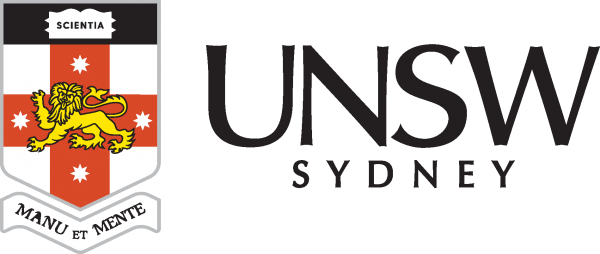University Of New South Wales: UNSW partners with Pride in Sport
The landscape of sport is shifting rapidly.
Once the domain of traditional masculinity, and strictly for those who could thrive in a cutthroat and competitive environment, sport is now becoming more inclusive and broadening its target audience.
Within UNSW, the way sport is perceived is also changing.
The launch of the refreshed UNSW 2025 Sport Strategy in 2021 outlined the vision for UNSW Sport to deliver the best and most inclusive university sports experience in Australia.
UNSW Head of Sport and Local Communities Mark Wright understands that inclusivity is a vital cornerstone of the way sport is delivered.
“Sport, active recreation, and physical activity has the ability to build communities, develop a strong sense of belonging and to celebrate culture,” he said.
As part of this refreshed focus, UNSW has partnered with Pride in Sport – a national not-for-profit sporting inclusion program specifically designed to assist sporting organisations at all levels with the inclusion of employees, athletes, volunteers and spectators with diverse genders and sexualities.
This includes the application of the Pride in Sport Index, which allows organisations to set benchmarks and measure their progress year-on-year, to track progress and identify areas for improvement.
At the recent UNSW Blues and Sport Awards Dinner, Pride in Sport Project Officer Ben Cork presented a plaque acknowledging the partnership to UNSW Vice-Chancellor and President Attila Brungs.
Centring inclusion in sport at university
Mr Cork was delighted to attend the event and welcome UNSW to Pride in Sport.
“I know from my own life experience, university is a hugely formative time, and a time when people’s sexualities and gender expression are emerging,” he said at the event.
“When people talk about ‘discovering their sexuality’, it makes it sound like Dora the Explorer.
“The reality, unfortunately, is that it can be more like Jurassic Park.”
Mr Cork highlighted the concerning statistic that same-sex attracted and gender diverse people are diagnosed with mental illness at a rate three times that of the general population.
“We know the huge benefits which all people get from being engaged in sport,” he said.
“Benefits in mental health, physical health, community, opportunity and connection.
“But LGBTQ+ people have a difficult history with organised sport – for many, high school PE was at best troubling and at worst traumatic.
“The uniforms and changerooms which come along with sport can be another block to participation, particularly for trans and gender diverse athletes and the casual homophobia which still exists in many teams is uninviting.”
Pride in Sport is assisting sporting organisations across the country to break down these barriers to participation for LGBTIQ+ people and make sport a more welcoming and inclusive space.
Participating in the Pride in Sport index will allow UNSW Sport to not only assess its own practice, but determine what constitutes good practice, and benchmark its initiatives against other sporting organisations.
The partnership with Pride in Sport will also provide extensive support, resources, networking opportunities, training, consulting and advice to improve LGBTIQ+ inclusion in all UNSW sporting environments.
Growth and leadership for Pride in Sport and UNSW Sport
UNSW is proud to become a member of Pride in Sport and work has already begun to increase inclusion and opportunities for LGBTIQ+ people in sport across the University.
Mr Cork is excited about the journey the two organisations are beginning together.
“It’s really inspiring that UNSW has made this decision to grow in this space,” he said.
“And not just grow but lead.
“It’s going to produce much better outcomes for so many students, it’s going to produce stronger and more resilient teams.
“It’s going to ensure that you have the best athletes representing UNSW, no matter who they love.”

